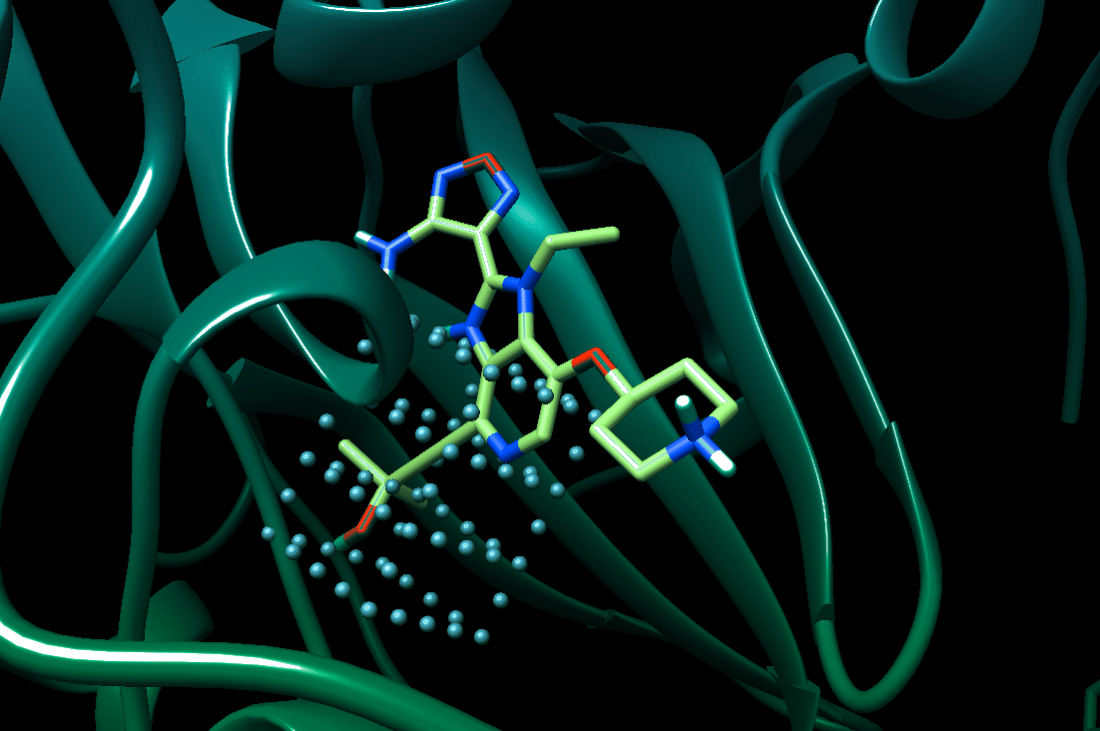hidden
Over 10 years experience of Traceability Solutions

By pharmatrax
Category: Technoloy
 No Comments
No Comments
Stemonix, Atomwise Team Up on Drug Discovery With MicroOrgans and AI
Two venture-backed startups that have developed technologies intended to speed up the drug discovery and development process are combining those tools in a bid to achieve their goals together.
San Francisco-based Atomwise has developed deep learning techniques for use in structure-based small molecule drug discovery. Since 2012 it has raised more than $50 million to bolster the development and application of its tech, which has been used by pharmaceutical and agrochemical companies, as well as by universities and hospitals across 40 countries. It says its computational tools can quickly analyze billions of compounds and thereby speed up the process of identifying compounds that bind to disease-causing proteins.
Stemonix, which has offices in Maple Grove, MN, and in San Diego, has developed models for testing potential drugs from human induced pluripotent stem cells, creating what it calls living microtissues to mimic human organs, including the brain and heart. The startup reported raising a $14.4 million Series B earlier this year to speed the commercialization of its platforms. Its MicroOrgans technology provides 3D disease models that the company hopes will give researchers a more accurate indication of whether compounds are likely to work in humans.
This is especially difficult to determine when it comes to finding drugs that work on rare neurological diseases, which are tricky to replicate in animal models because of the complexity of the human brain, according to Stemonix.
Atomwise has struck a number of deals with biotech and pharma companies interested in its tech, including Atropos Therapeutics, Hansoh Pharma, and Eli Lilly (NYSE: LLY). Financial terms of this latest deal weren’t disclosed.
The companies plan to use Atomwise’s AI and Stemonix’s human MicroBrain 3D disease model to target Rett syndrome, a severe neurological disorder caused by mutations in the MECP2 gene. The gene encodes a protein that’s needed for the development of the nervous system and normal brain function. Babies with the condition, most often infant girls, typically develop normally for the first 6 to 18 months of life before symptoms kick in. Then, they experience a progressive loss of motor skills and speech.
Some medications are used to ameliorate their symptoms, but no FDA-approved treatment exists. A number of companies are in human testing with experimental drugs for the condition.
Those in late-stage testing include Newron Pharmaceuticals, which is developing an experimental drug called sarizotan that aims to reduce patients’ episodes of apnea, or breathing disturbances, and San Diego’s Acadia Pharmaceuticals, which last year licensed trofinetide, an investigational treatment targeting the disease, from Australia’s Neuren Pharmaceuticals.
The UK’s GW Pharmaceuticals (NASDAQ: GWPH) is studying non-psychoactive parts of cannabis, including cannabidiol and cannabidivarin, as potential treatments.
Novartis (NYSE: NVS) subsidiary AveXis is also advancing gene therapy for Rett, but in August said that its advancement to human testing would be delayed so it could redo and add to preclinical studies. The decision was made following revelations that some of the animal data the company submitted to the FDA in support of onasemnogene abeparvovec (Zolgensma), the gene therapy it developed for babies with spinal muscular atrophy, had been manipulated. Novartis acquired AveXis in 2018.



